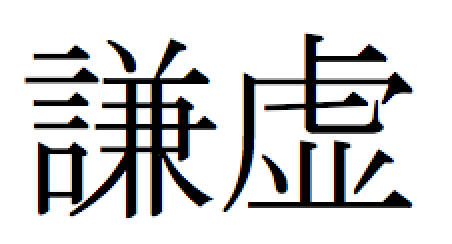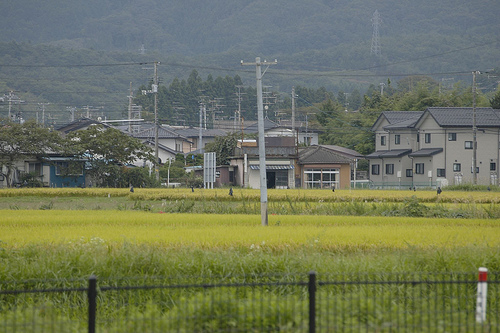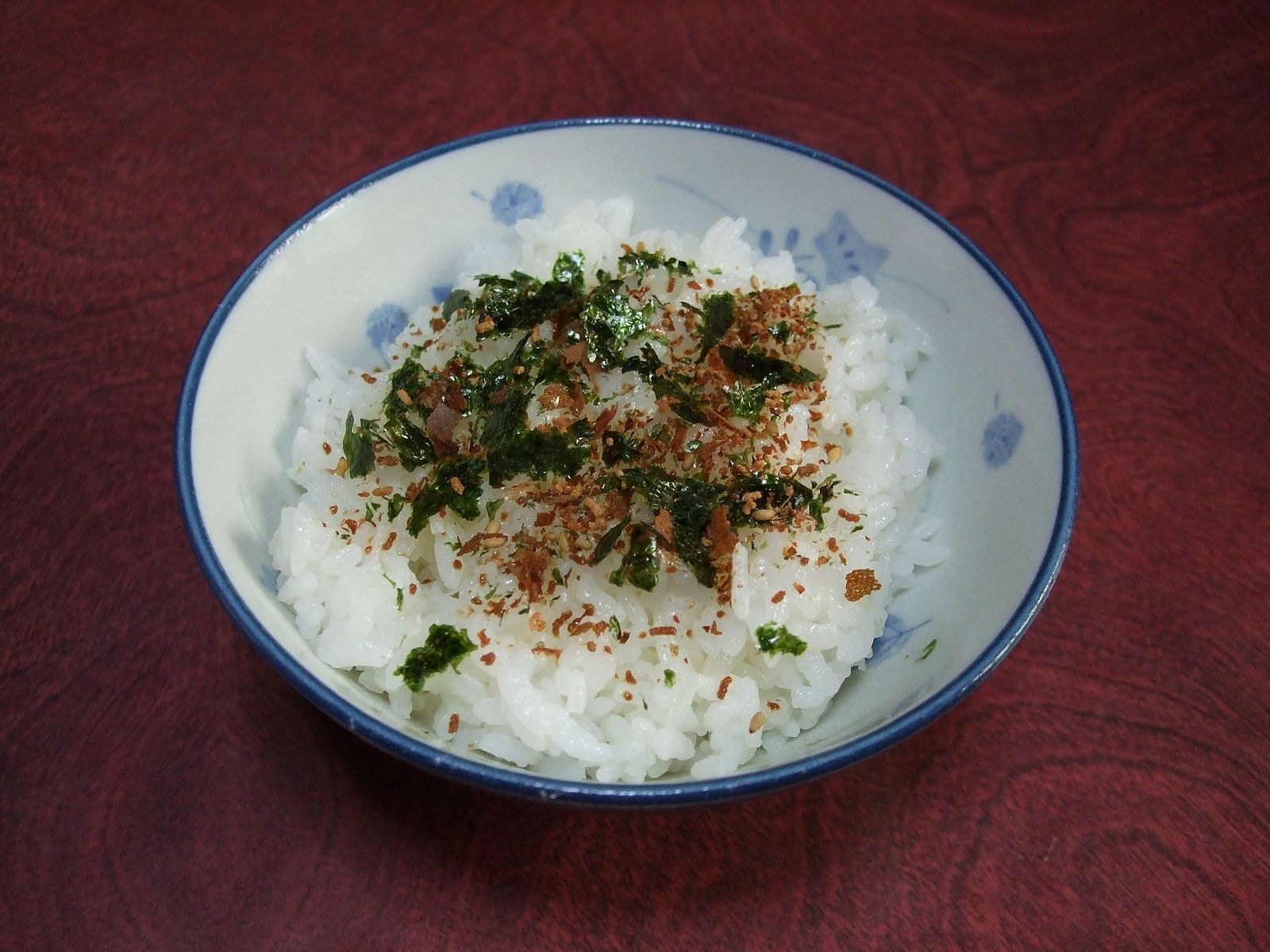Language is always evolving
One frustrating thing about learning foreign languages is that many aspects of language (grammar, vocabulary, pronunciation, etc.) can appear to be random or arbitrary. I remember when learning Spanish my teacher used to respond to such comments by saying “One day, a long long time ago, there was a man who sat on a hill and decided… Read More »






